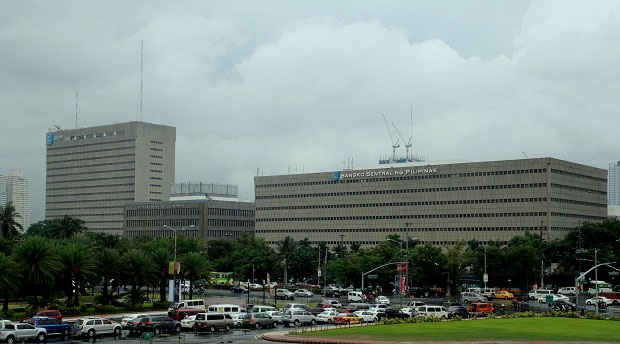PHILIPPINE monetary authorities are moving to fill in the gaps in the country’s anti-money laundering law, looking at stricter regulations on non-bank financial institutions.
While the Bangko Sentral ng Pilipinas (BSP) has long been working to protect the banking system from the entry of dirty money, BSP Deputy Governor Nestor A. Espenilla Jr. said the lack of transparency in deposit secrecy made the local financial system attractive to bad money.
Admitting that there remained lapses in the anti-money laundering law that partly led to the entry of $81 million in stolen money from Bangladesh’s central bank into Rizal Commercial Banking Corp. (RCBC) and casinos, Espenilla said regulators “should not waste the crisis as an opportunity for reform.”
“We have forthcoming proposals from the Anti-Money Laundering Council, with input from the BSP, to address the gaps, incorporating lessons learned from this sad episode,” Espenilla said at the Economic Journalists Association of the Philippines-San Miguel Corp. business journalism seminar on Saturday.
Espenilla said authorities were looking at tightening rules governing non-bank financial institutions.
